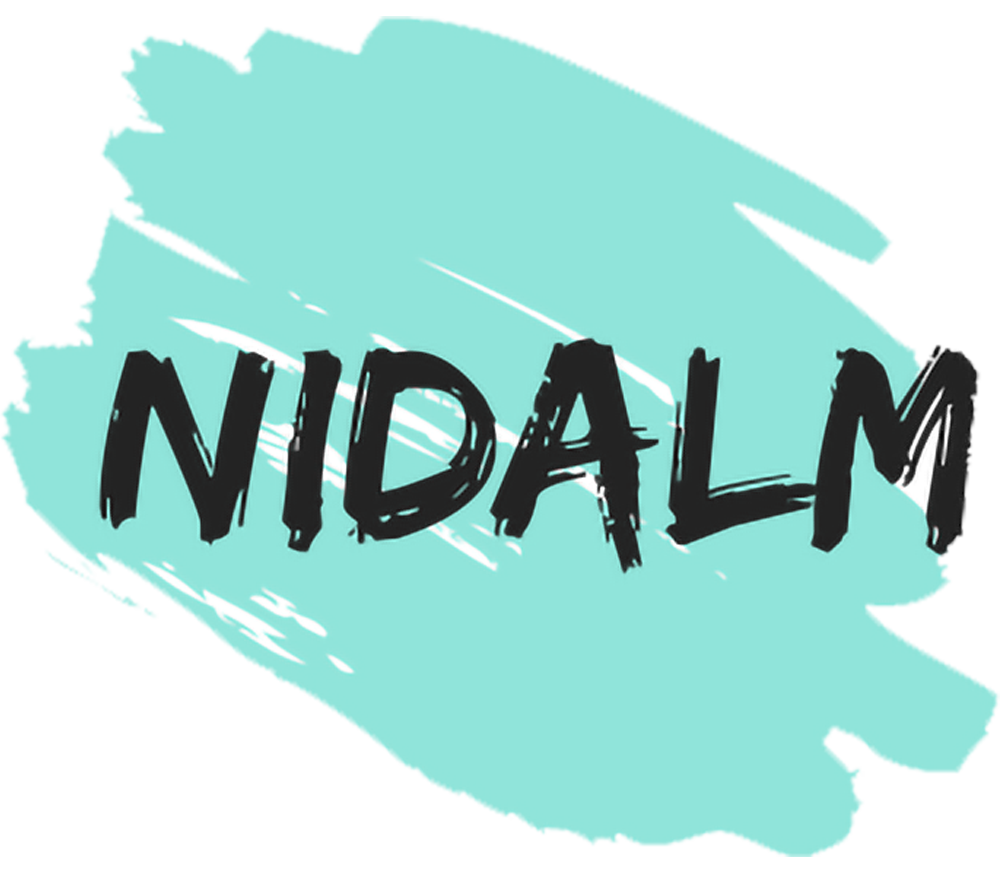There’s a lot of fuss about kosher salt versus regular table salt. The only difference that one might perceive between these two is the color. Kosher salt has a red hue while table salt is usually white or gray in color. What’s the reason behind this?

The main difference is that kosher salt contains a higher concentration of the substance sodium chloride. Since kosher salt is salt obtained from salt mines, it is significantly tried to prevent the salt from sticking to the foods being cooked. As such, it has a lower amount of iodine which can lead to a range of detrimental effects. Since kosher salt is also salt obtained from sea salt beds, its shelf life is significantly increased which makes it an ideal salt for cooking. In addition to this, because chemically, there is no significant difference between coarse salt and kosher salt.
With regards to the debate on whether kosher salt is salty or not, it is important to remember that the salt has no flavor of its own. Salt is a substance that dissolves in water. So, when you mix kosher salt with water, it will immediately start to lose its saltiness. This is why it is often advised to stir different types of salt before using them in cooking. If you want to use a teaspoon of kosher salt in cooking, try to dissolve it in a glass of water for around five minutes to enable it to have a more salty taste.
On the other hand, table salt is typically made from rock salt, sea salt or other coarse salt. Although it is much cheaper than kosher salt, it does not have the same effect as kosher salt. As a result, table salts lose their salty taste and can instead be served with foods that do not require the presence of a salt taste.
The brining salt is a great solution if you are looking to re-invigorate your food. Contrary to what some may think, sea salt or rock salt does not need to be stored in an airtight container. All you need to do is to sprinkle it on your food before you are about to serve it. You can then sprinkle it even more later on if you wish. You will never go wrong with brining salt if you follow this simple tip.
So, what about the argument about sodium being bad for your health? This is one topic that scientists are studying all over the world. Because salt contains both sodium and chloride, it is naturally balanced. However, too much salt intake can cause the body to retain excess sodium, which leads to several disorders such as high blood pressure, heart attack and stroke. Table salt contains trace minerals such as potassium and magnesium, which make salt a healthy ingredient in food. In fact, our ancestors ate salt all the time without any negative effects being noticed.
Rock salt is not as refined as kosher salt. Its texture is closer to that of regular table salt. However, it is no less nutritious since it still contains up to 15 percent salt. Sea salt and kosher salt are great substitutes since kosher salt tends to be quite expensive.
Be sure to use sea salts or kosher salt for cooking. Use kosher salt for fish and poultry, while sea salts are ideal for pork and beef. Be choosy when choosing which kind of salt to use. Start with the type that has less sodium and more trace minerals such as iodine and calcium. You will soon be happy with the great food you are creating.
